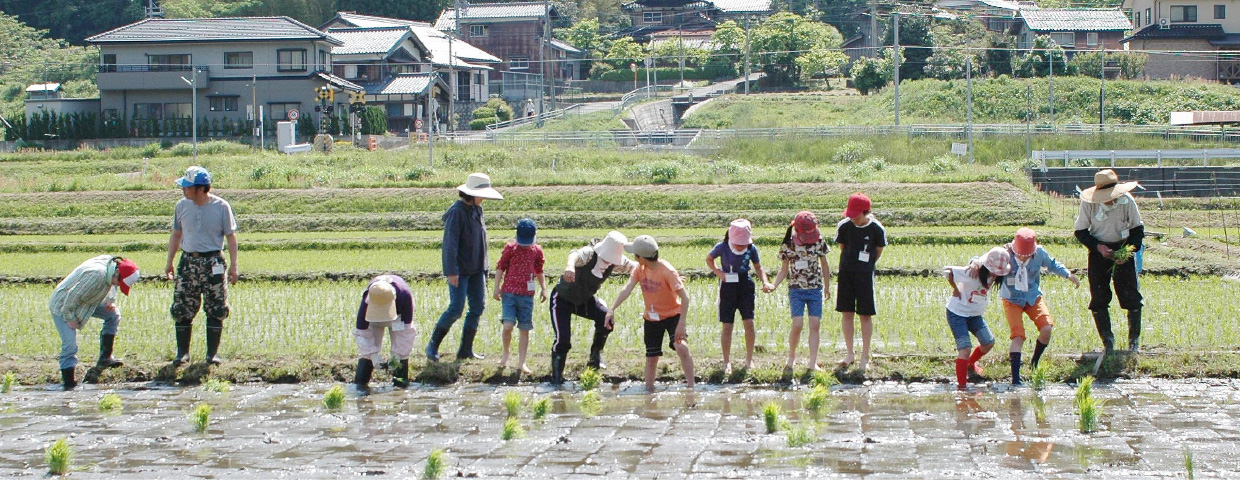This report highlights the immediate need to reform subsidies and incentives that negatively impact biodiversity and human well-being in socio-ecological production landscapes and seascapes (SEPLS) — areas where the interaction between people and the landscape maintains or enhances biodiversity while providing humans with goods and services.
Drawing on a diverse set of perspectives from local actors, the report explores the nuances of how different types of subsidies and incentives affect the environment and livelihoods. It provides policy solutions to support and respond to Target 18 of the Kunming-Montreal Global Biodiversity Framework (GBF), which calls for identifying and phasing out harmful subsidies by 2025 and reforming them by 2030.
Key policy suggestions:
- Adopt integrated and inclusive planning approaches to manage trade-offs across land and sea use.
- Level the playing field by aligning subsidies with sustainability-aligned solutions, especially for small-scale producers.
- Support appropriate and localized technologies, finance mechanisms and institutions.
- Invest in education and capacity development across all actors in the decision-making chain.



